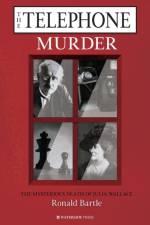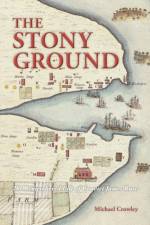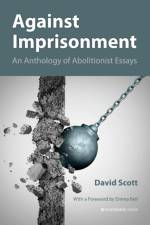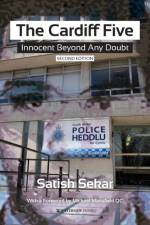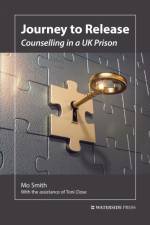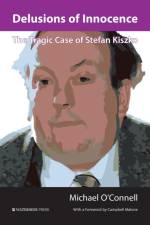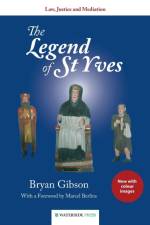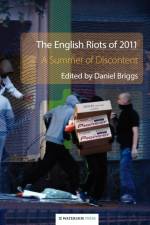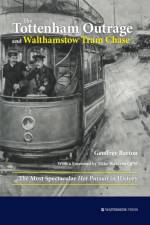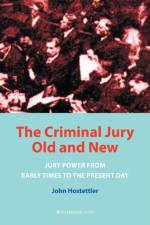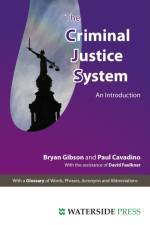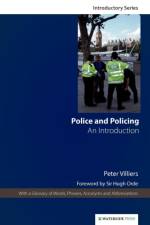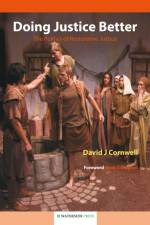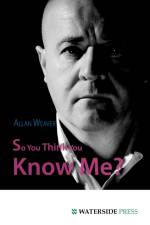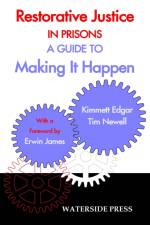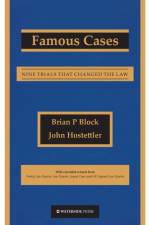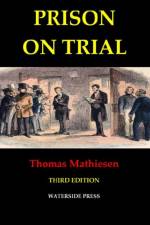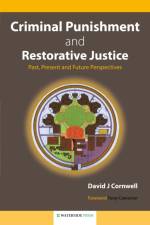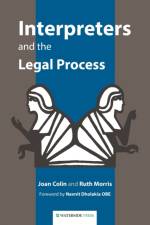av Paul Cavadino & Bryan Gibson
419
A comprehensive and accessible overview of the Criminal Justice System, its framework, institutions, practitioners and working methods that will be of interest to any reader seeking an up-to-date description of this important and historic sphere of public life. An informative, practical handbook that describes the wide-ranging developments and changes that have taken place in relation to crime prevention, public safety and the punishment of offenders.This is an informative, practical handbook that describes the wide-ranging developments and changes that have taken place in relation to crime prevention, public safety and the punishment of offenders. Highly acclaimed since first published in 1995, this new extensively updated edition of "e;The Criminal Justice System"e; covers the entire spectrum of the criminal process against a backdrop of the Common Law, legislation and human rights from investigation and arrest to trial, sentence, release from prison and parole, as well as such key reforms as the Ministry of Justice and new-style Home Office. The topics covered include: Investigation, arrest and charge; The police and policing; The Crown Prosecution Service; The courts of Law; Trial and sentence; Appeal and review; Due process; Judges and magistrates; Law officers; The Criminal Defence Service; Advocates and legal representation; and, Victims and witnesses.The topics covered also include: Interpreters; The Youth Justice System; The National Offender Management Service; The Probation Service; HM Prison Service; Imprisonment and parole; Independent Monitoring Board; The private sector; The voluntary sector; Strategy; Criminal policy; Cabinet committees; Partnership and working together; Community justice; Restorative justice; Constitutional affairs and human rights; Accountability, oversight, inspection and monitoring; and, Guidelines, codes, protocols and Best Practice. It offers a closely observed analysis of the twenty-first century Criminal Justice System which can be read on its own or in conjunction with the 'top-down' descriptions in The New Ministry of Justice and The New Home Office (also available from Waterside Press), Third Edition.

